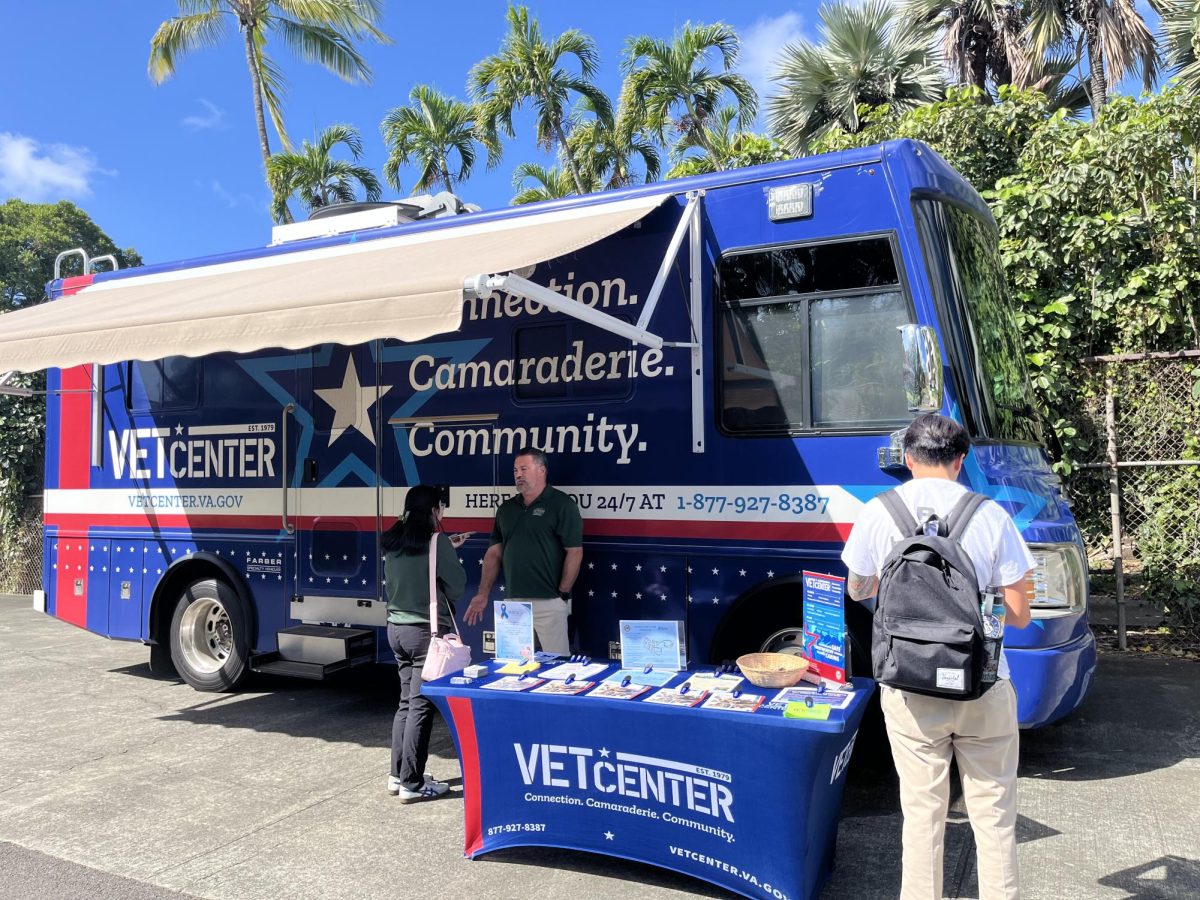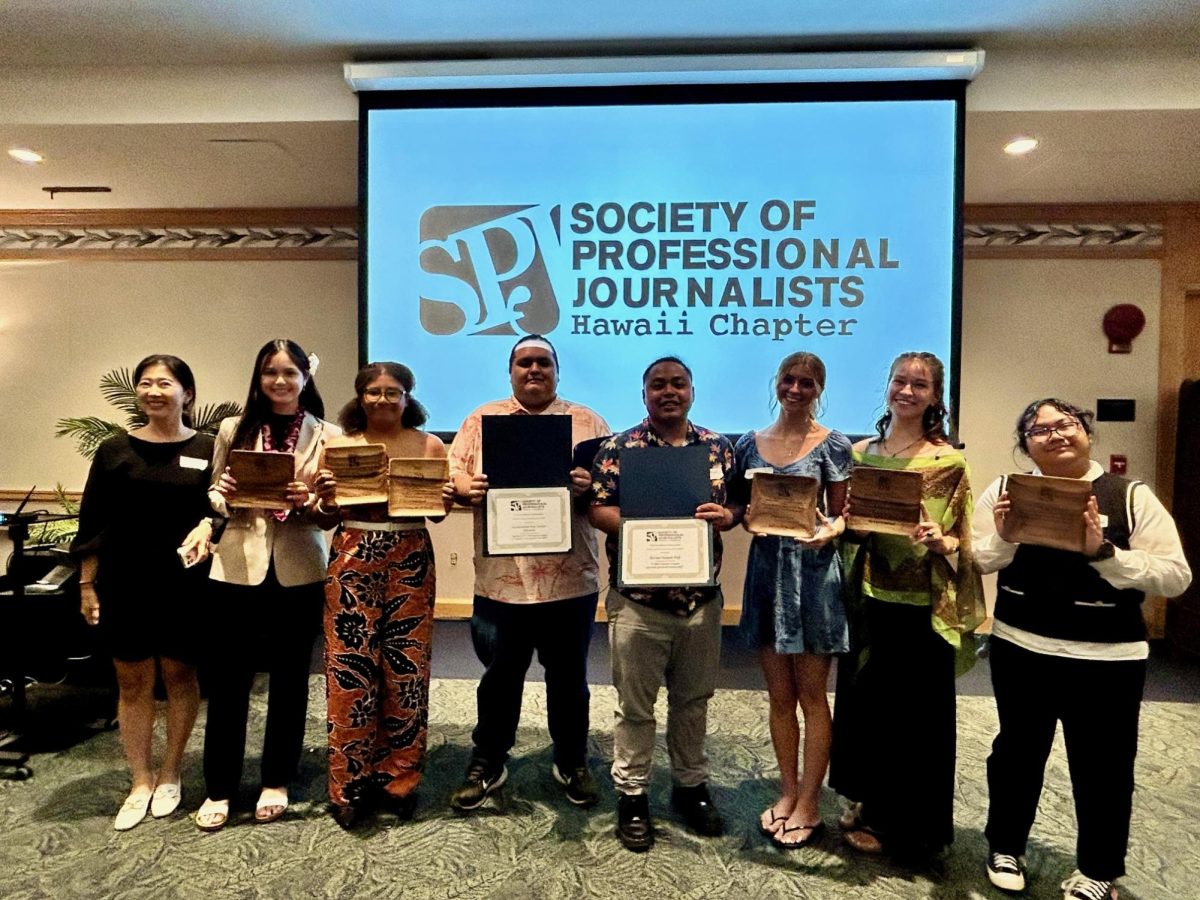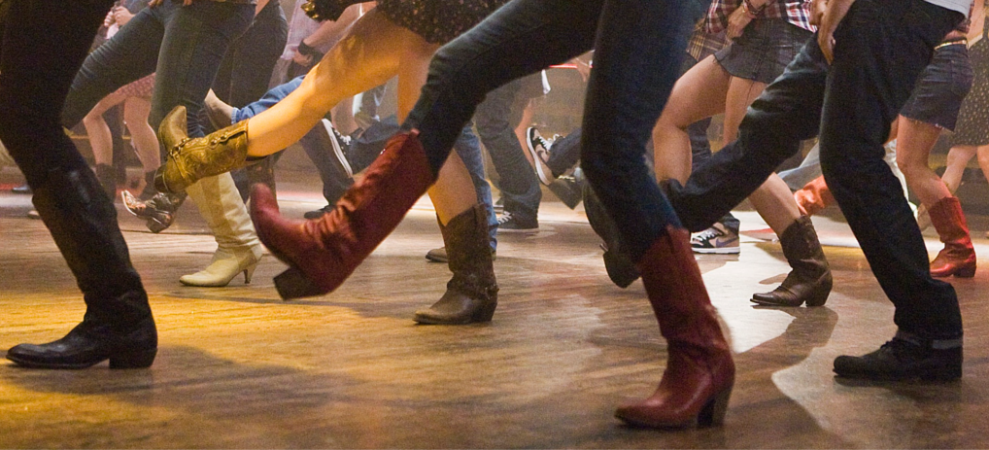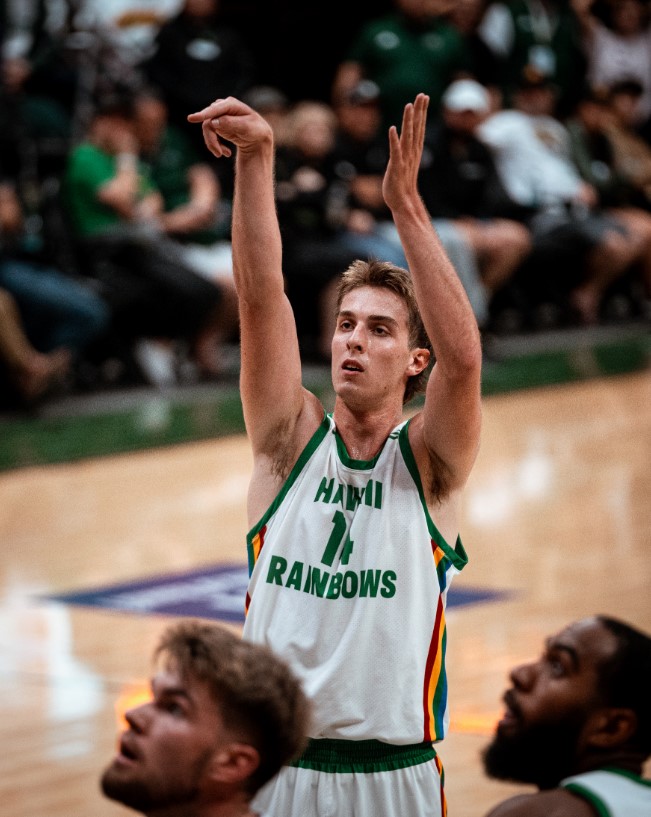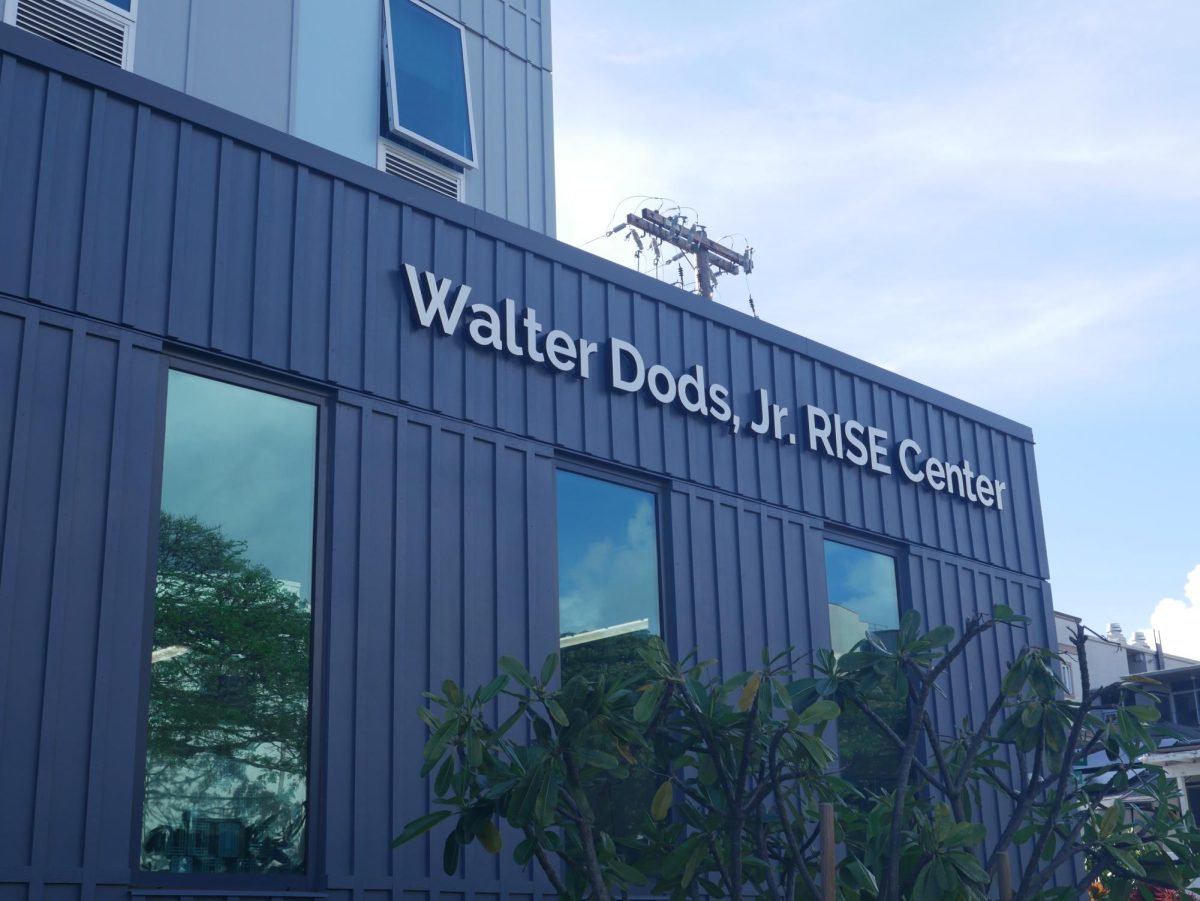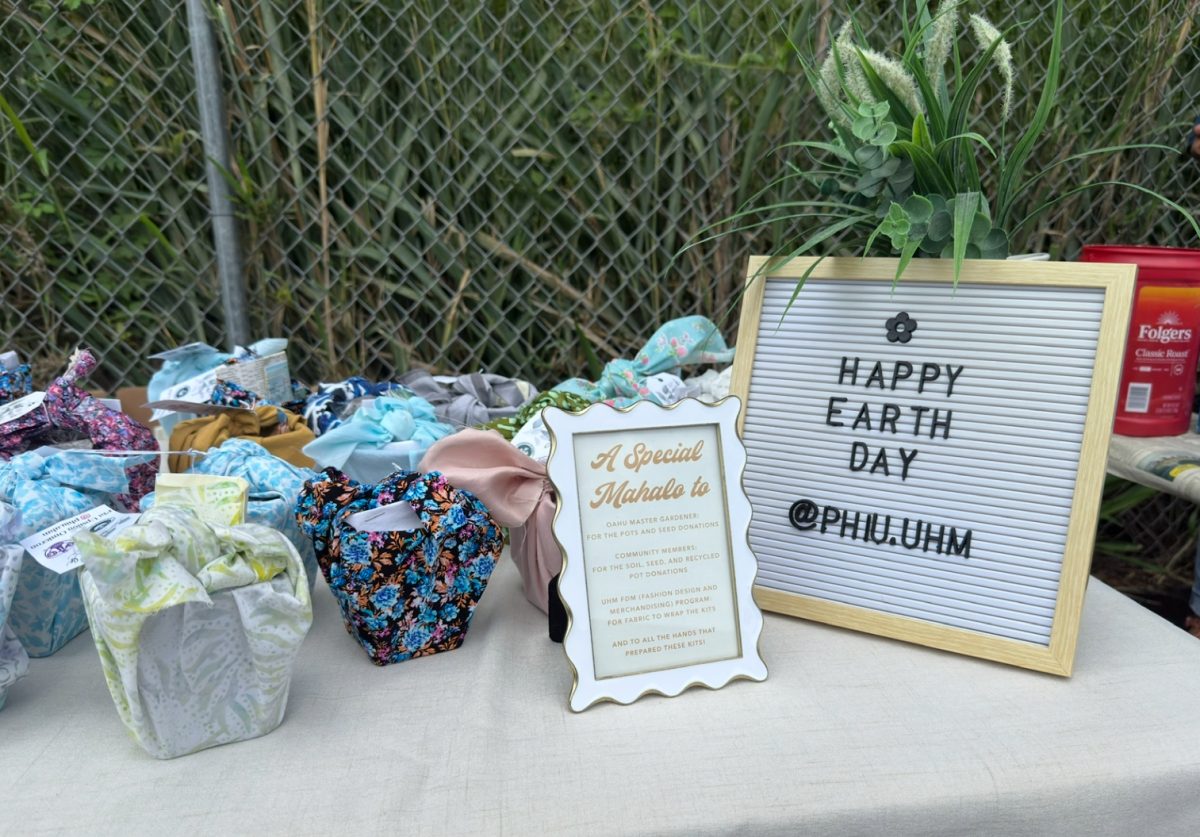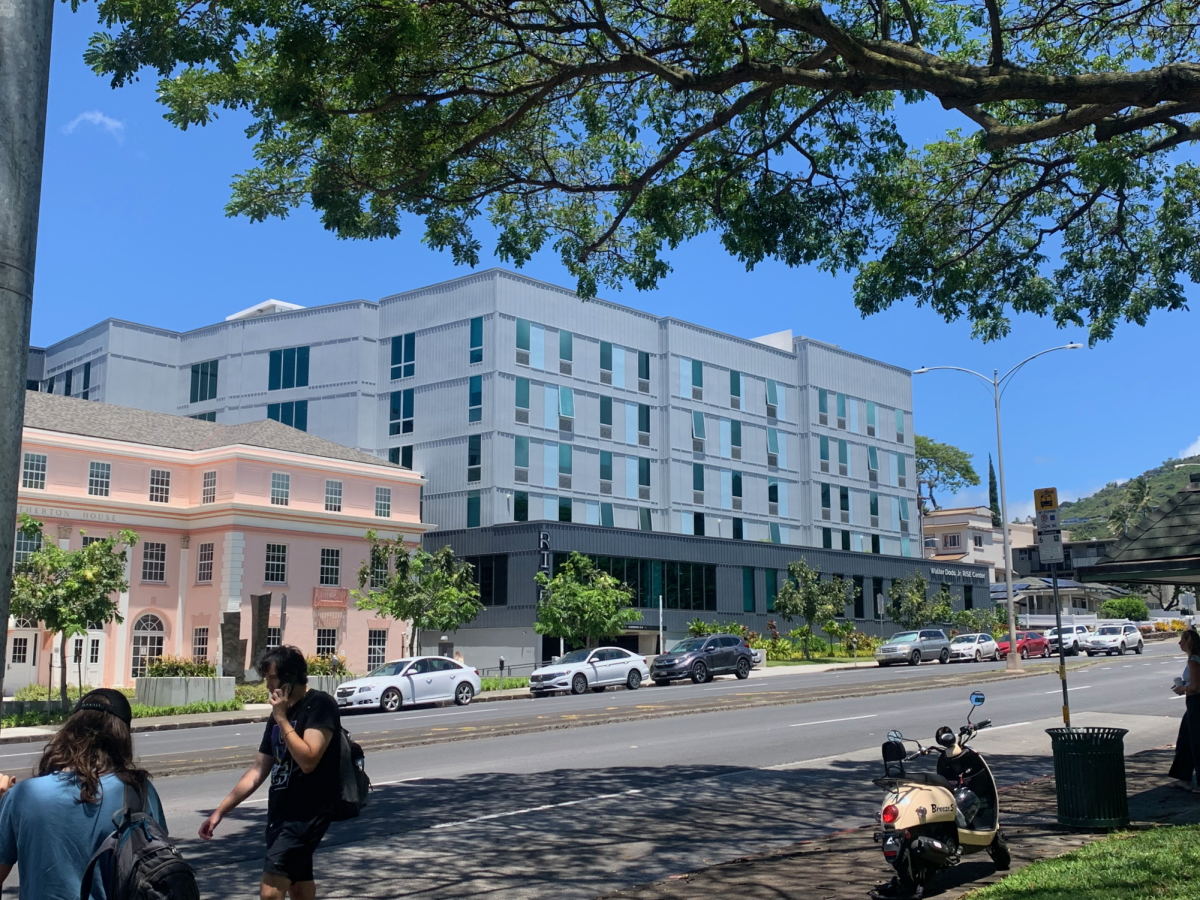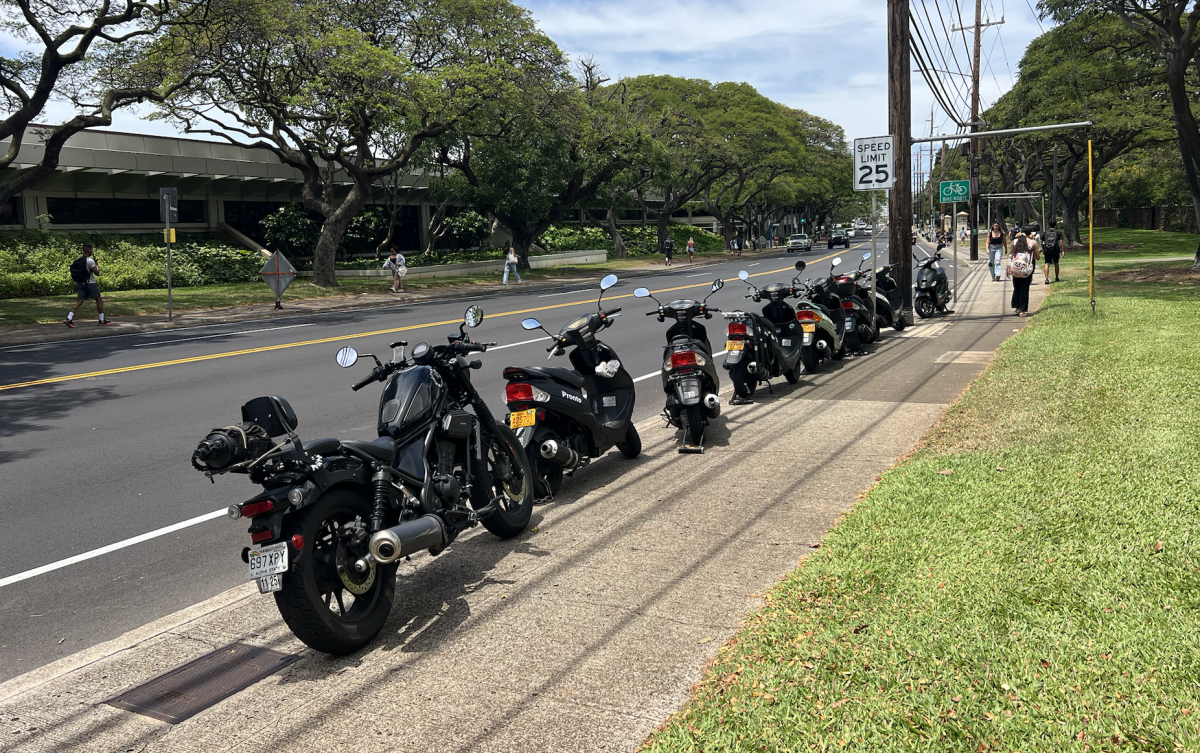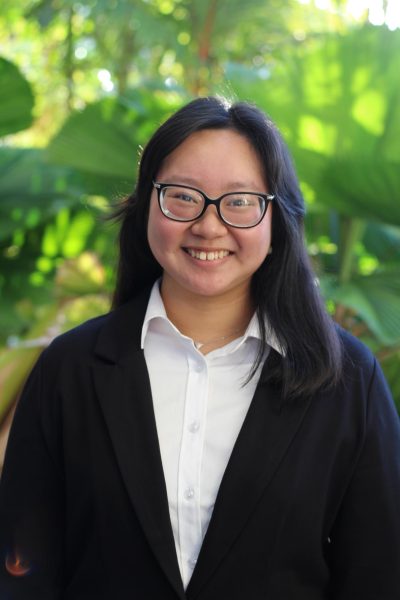It’s known as “boots-to-books” – the transition from military service to academic life – and it’s not always easy.
“You’re coming from a very structured environment to ‘Welcome to campus, you’re on your own,’ finding a rhythm on campus and leaving that military hat at home and having to do things on their own,” said James Solano, director of the Office of Veteran Student Services (OVSS).
To mitigate this challenge, services within the community and at UH Mānoa come together to share resources and assistance for veterans.
Last week, OVSS invited the Mobile Vet Center (MVC) of Honolulu to campus and offered convenient resources and support for the Mānoa community. This is the first partnership of the spring semester and both groups look forward to future events.
The collaboration was done to share information and opportunities as UH Mānoa’s veteran and affiliated population gradually climbs. As OVSS caters and serves military and their affiliates with their academic benefits and challenges, MVC can offer them lifelong support and assistance.
OVSS is for veterans transitioning out of service into school, with assistance from the staff that are primarily student veterans familiar with the system and process. Their services entail helping apply for benefits and ensuring that veterans are taking the classes necessary to complete their desired degree.
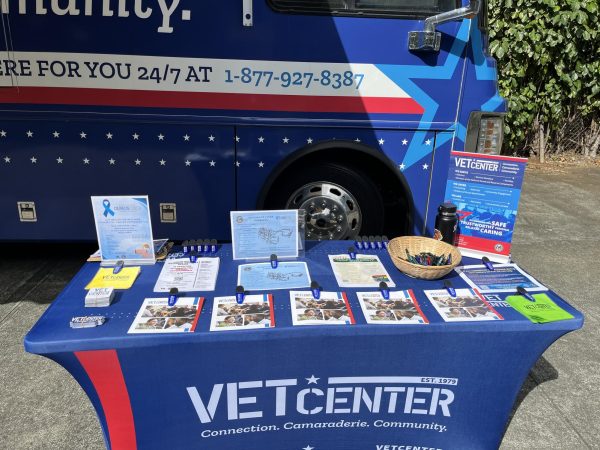
As the number of veterans using their benefits grow, the OVSS at UH Mānoa sees around 300 to 400 veterans visiting its office each semester. The office employs student veterans and acts as mentors for fellow veterans.
“It’s been great [working for OVSS] because utilizing veteran affairs education benefits makes it so the cost of education isn’t a really big worry in my mind,” said Brandon Anez, veteran and junior mechanical engineering student at UH Mānoa.
OVSS had a tent near the MVC to share their information and services on campus. Anez worked the pop-up and acted as a primary resource for other veterans as he has experienced and worked through the process.
“But now I’m in a good position to actually help other students do that, make their transition to education a lot more smoothly than what I had to go through,” said Anez. “I do really find it enjoyable to work for OVSS because I like the feeling of being able to help out other veterans or veteran affiliated people utilize their benefits.”
With two centers on O’ahu and six in the state, vet centers are a hub for all veterans to connect and gain the help they need, with services ranging from financial assistance to mental health care and social gatherings.
“The program is a lifetime asset, whether you are a student, professional, active duty, or someone who is thinking of exiting the service. Our resources are always available to you through your lifetime as a service member,” said Ulises Campa, a veteran outreach specialist with the Honolulu Vet Center.
In recent years, the vet center has seen more returning veterans coming through its doors and participating in the community-based events it offers, including AccesSurf, parades, and volunteering opportunities.
“I believe that traction has increased because of the consistency of outreach,” said Campa. “I am a firm believer that people develop trust over time and the more we continue to show ip and be present in the community, to continue to give that awareness and information and that there’s always one place they can call and that’s the vet center.”
As veterans and affiliates transition from serving, it can be a confusing time with lots of questions and concerns.
The OVSS and the vet center are working in tandem toward the same goal of ensuring veterans are taken care of and hope to be key resources not only for UH Mānoa veterans, but the community as well.
“If you are a student veteran or military-affiliated student, come and see us, you’re not alone in this journey and we’re here to assist you,” said Solano.


